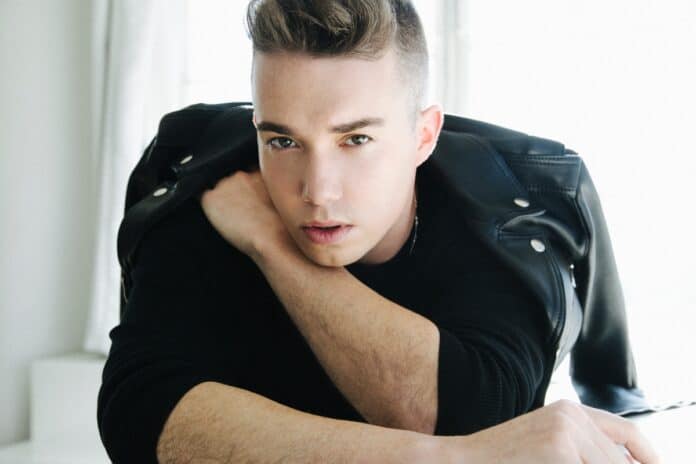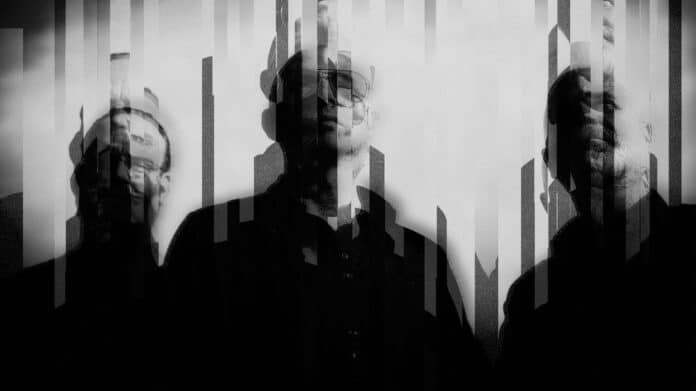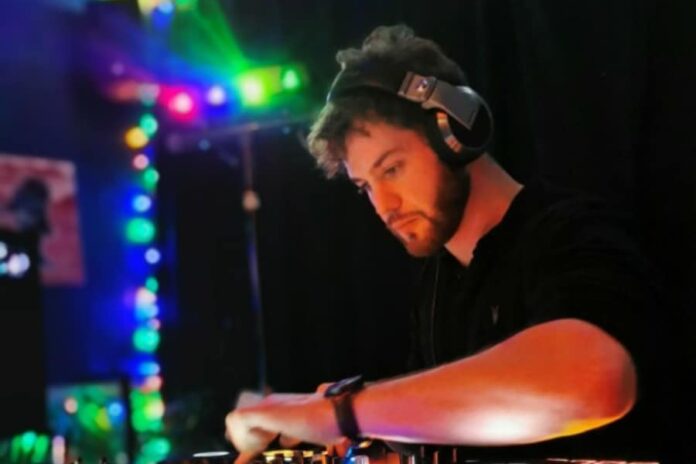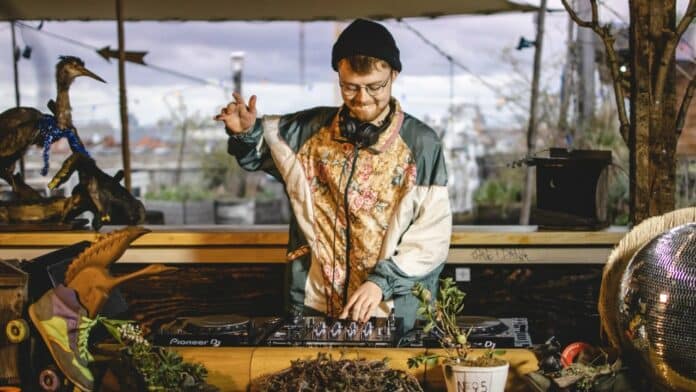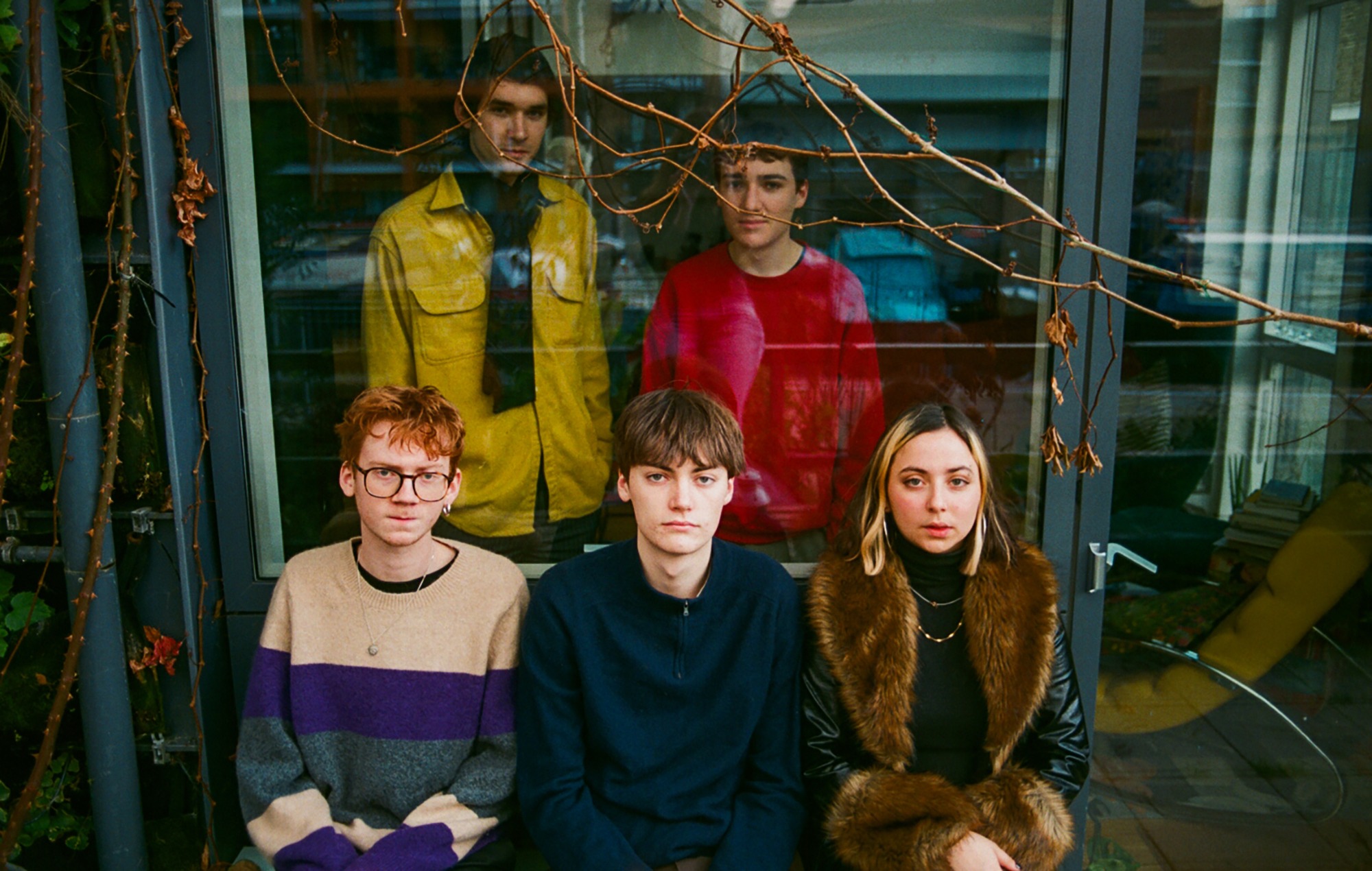
Roscoe Roscoe: Searing hot neo-psychedelic rock from Hackney
“I didn’t know what day it was that day,” rings out the opening line of Wishbone Ash’s 1970 opus ‘Errors of My Way’. It’s a couple of songs in one, at least; its undulating heavy-prog rock instrumental crashes against elements of early psych, splitting Memphis soul production with choral harmonies that, in isolation, could’ve been plucked from the finest cathedral choir – there’s something manic in its disorientation.
Prog’s feverish smoke path has had legions of dutiful followers ever since its inception, more joyously trodden in recent years by the likes of loony luminaries King Gizzard & the Wizard Lizard and The Psychedelic Porn Crumpets, with more than a few favouring the scenic, neo-psychedelic backstreets of Tame Impala and Wand. These windswept, expansive and uncontrollably freeing sounds seem to be weather-dependent at heart, though; from Los Angeles to Perth, the climate is just a little more enticing than Hackney.
East London five-piece Roscoe Roscoe make searing hot neo-psychedelic rock for the rain. The new signees to London tastemaker label Slow Dance [Glows, Saint Jude] aren’t so much revivalists or copycats as they are just having a really good time. The band clamber over each other on Zoom, visibly excited to see one another again. Lockdown was strange at the start, explains frontman Charlie Read Clarke, but strangely comforting to know that there was only one reality of just existing in your own bedroom, even if it’s become a little boring now.
“Pfft. You’re on holiday, you’re loving it,” teases guitarist Jacob Muna. Read Clarke’s background is admittedly more inviting than the white-walled bedrooms of his bandmates, with a terracotta veranda and arched windows teasing a perfectly blue sky. “I’m very lucky,” he laughs, “I haven’t seen you guys in months.”
Like their Mercury-nominated contemporaries Black Midi, Roscoe Roscoe formed in Brit School across a number of years, in an environment that championed music and art across all personalities and cultures. “We listen to a lot of music and we often go through different phases,” says Muna. “Then if we really like something we’ll try and imitate it when we write. That just leads to a really diverse pool of songs that we have. It still works – they all work together – and it never gets too boring.”
“People can get really worried about sounding too much like their influences,” adds drummer Ben Limmer. A little while earlier, we were talking about it more directly, each member of the band reeling off names of artists and projects they’d recently been listening to. “I really feel like, if it’s coming from you and it’s obviously not a rip-off, an original idea that’s inspired by other bands is still going to have you at the center,” says Read Clarke. If it’s coming from you it’s still going to have that natural sound, like, this is Roscoe Roscoe. People shouldn’t be scared to be influenced.”
Their first single ‘Brain Retrieve’ is ferociously alive, huge in its chameleonic sound. Razor-sharp riffs splice across synth player Milanka Caballero’s ethereal vocals with crumbling guitars and skittering dreamscapes, agitated in their foggy, grandiose psychedelia. Again, if you were to isolate each parts, the influences would be clear; as a whole, the sound is defiantly their own. Read Clarke’s blissed out, obscured vocals come straight from the school of Chapterhouse and Slowdive. It feels like this giant, autonomous blob of Play-Doh, rolling around, picking up different parts and colours, reconfiguring itself through progressive, electro, krautrock, lounge and shoegaze. Did we mention disorientating? Ecstatically so.
“Yeah, we were gonna just drop it,” says Read Clarke, smiling at how understated its release was originally going to be. “We’d recorded a bunch of songs, ‘Brain Retrieve’ being one of them. We asked around a few labels to see if anyone would release it but there wasn’t really much feedback. Slow Dance had asked us to do a Quarantine Session, and we played them the track on it. One thing led to another… I mean, we had to delay the release by another month but were really happy about it. Best decision we ever made.”

“It’s quite different to most of the stuff we do normally. We’re not usually that heavy, it’s usually a bit dreamier,” clarifies Muna. “We were a bit skeptical about whether we should release it as our first song. Didn’t want to give people the wrong idea.” There’s a murmur of agreement, buoyed by the hypothetical excitement of playing live again. “There’s a tightness,” says Brown, “especially to ‘Brain Retrieve’, that makes me feel locked in to it when I play it live. I’m really enjoying playing the heavier stuff.”
“Where did it come from, Charlie?” Limmer interjects, genuinely still unsure what the song’s about.
“The lyrics? Just a stream of consciousness, I guess. Just humming a tune,” they reply.
It’s part of what makes Roscoe Roscoe such an immediately compelling listen. The avant-garde creeks of alternative music have become so finely crafted in recent years, that it’s easy to overthink experimentations in a quest for self-awareness. Roscoe Roscoe appear refreshingly laid back, letting the song sound however it wants to sound. “I think we’re still finding ourselves in our writing a bit,” Read Clarke says. “I wouldn’t say we’re completely mature, we’re still adapting. It’s just an open and relaxed sound, spiraling around.”
“All the other songs we play are usually very Roscoe Roscoe, though,” laughs Caballero.
We can’t want to hear it live, NME adds.
“It’s been fucking months, man,” Read Clarke agrees. “We’re feeling exactly the same, we can’t wait to hear it live either.”
Roscoe Roscoe’s ‘Brain Retrieve’ is out now via Slow Dance

